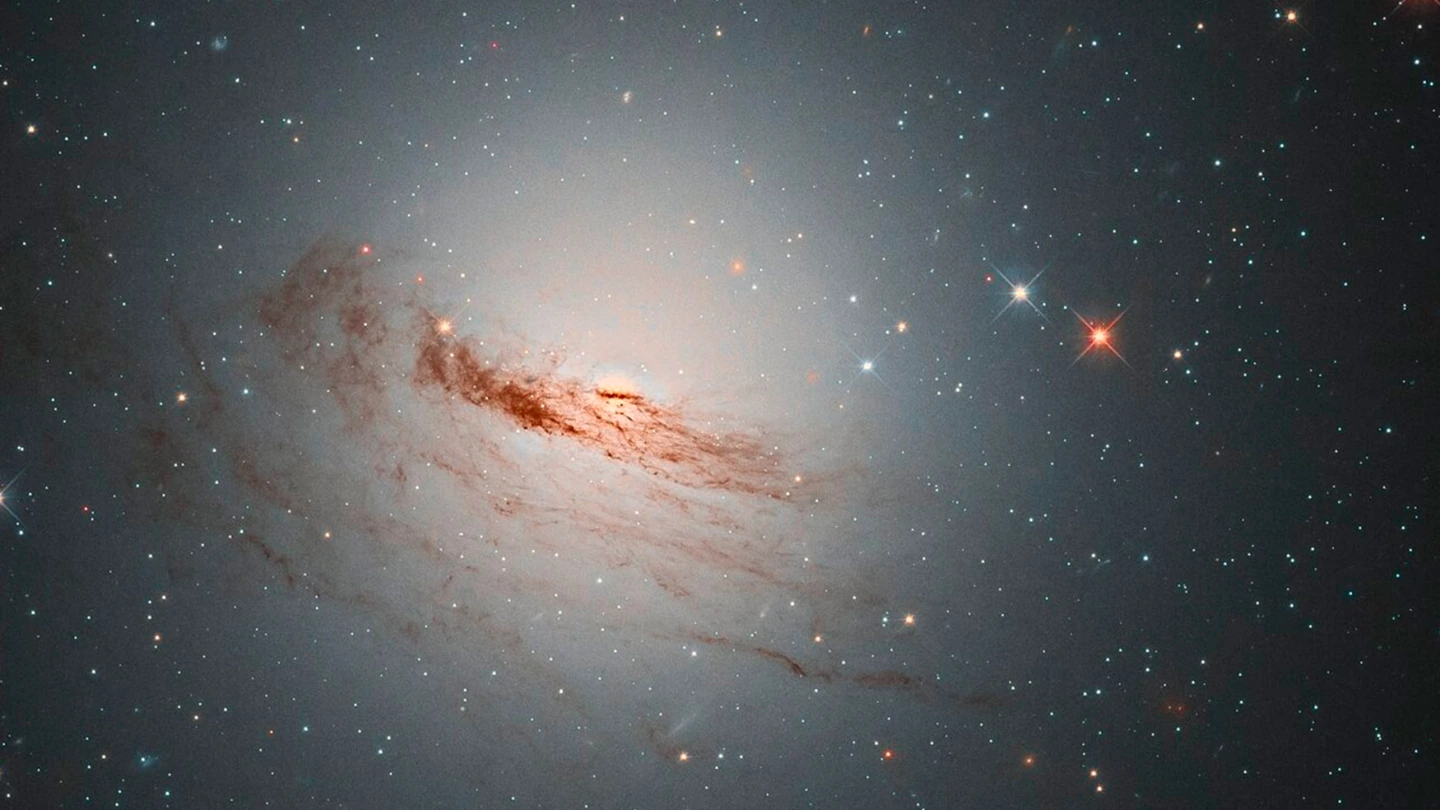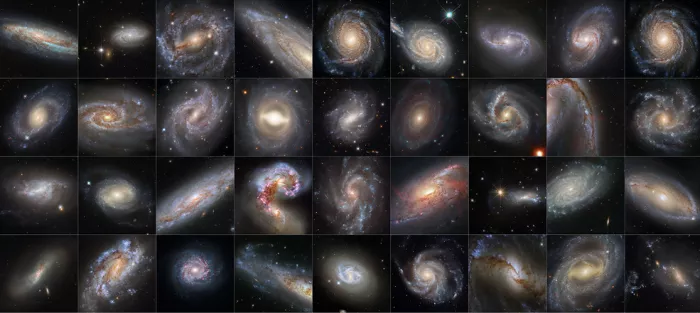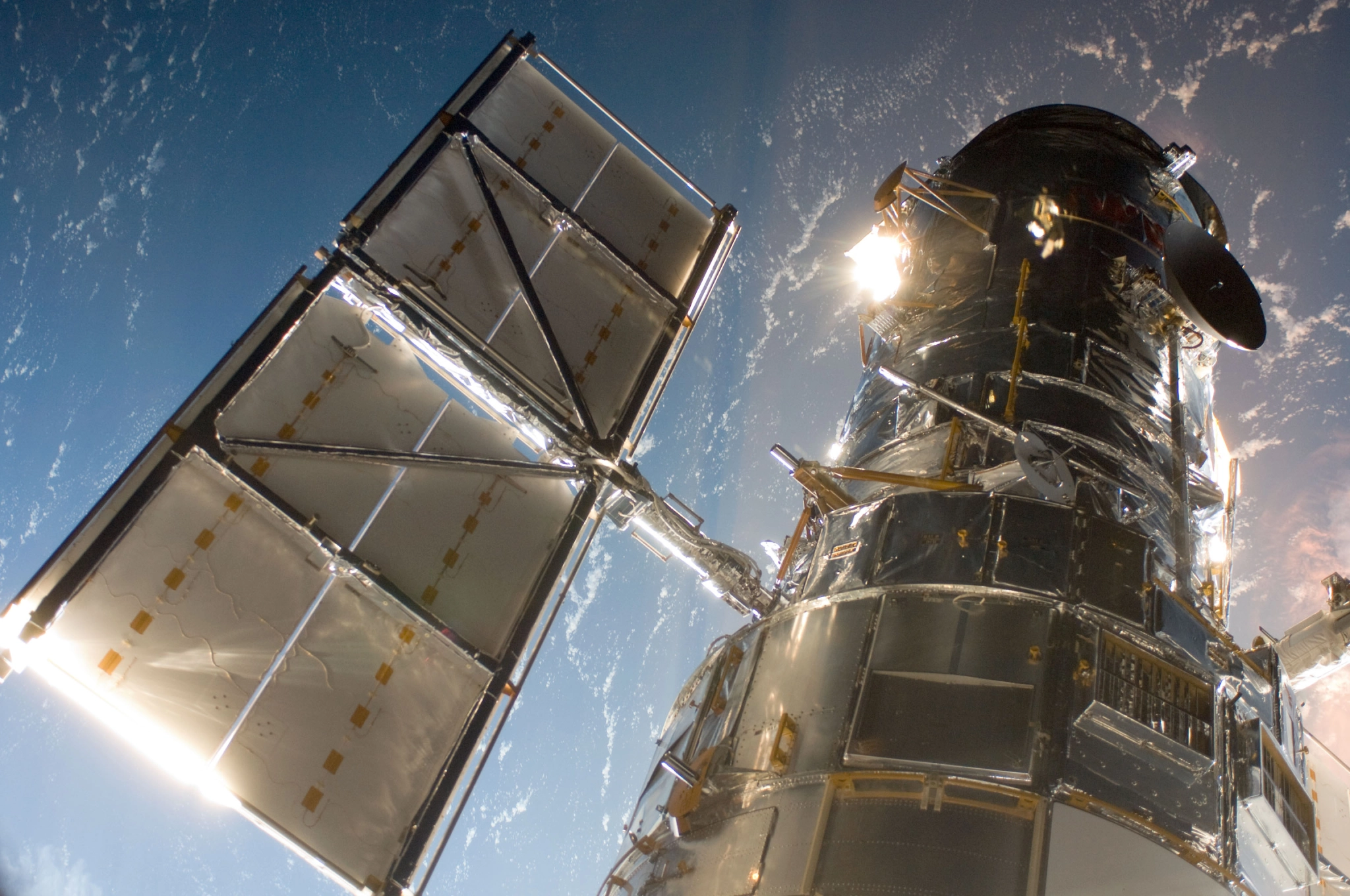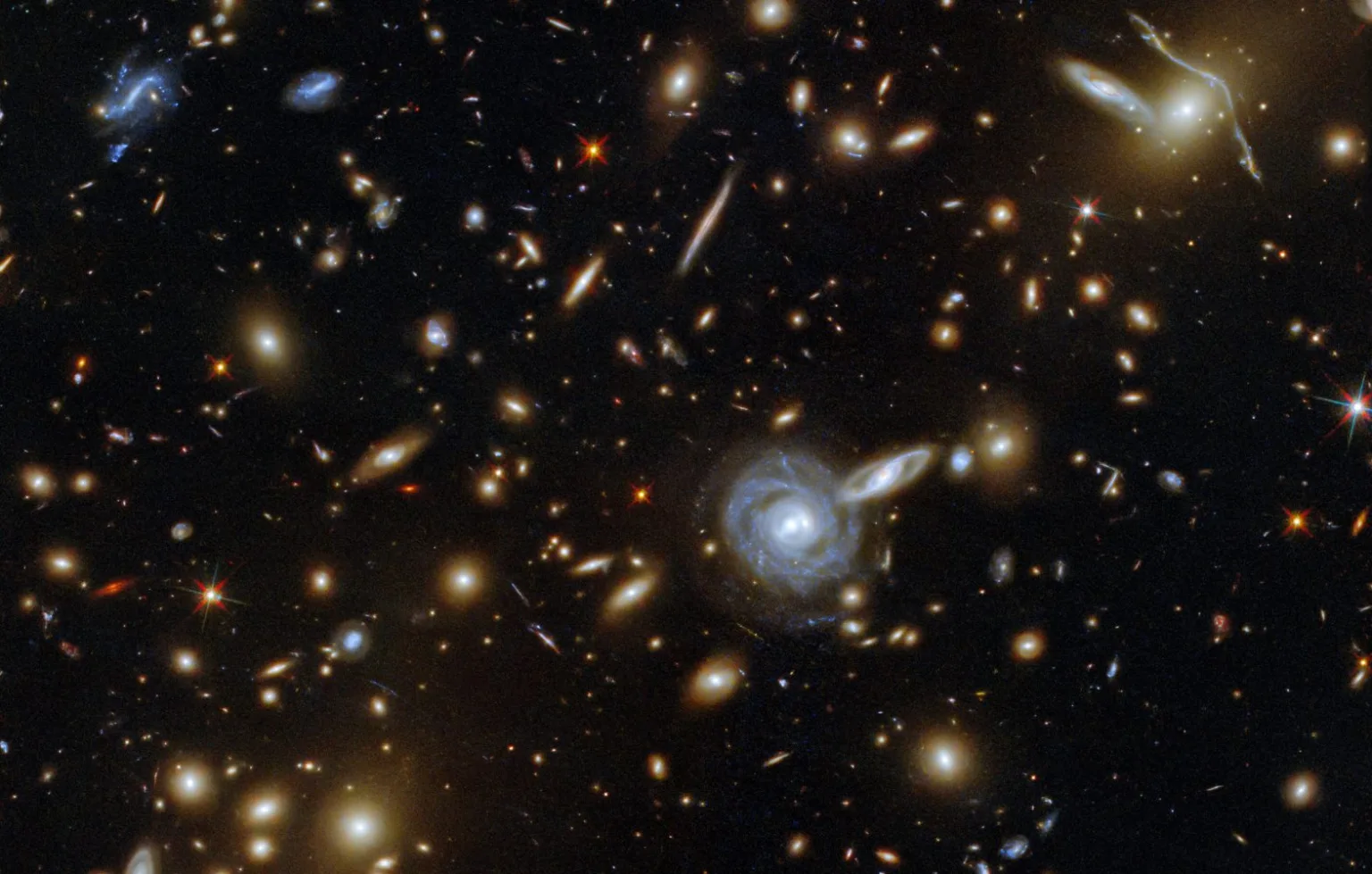According to BGR, the nearly 30-year-old Hubble Space Telescope continues to provide excellent data to astronomers. NASA (now)( https://www.nasa.gov/feature/goddard/2022/hubble-reaches-new-milestone-in-mystery-of-universes-expansion-rate ) , the data collected by Hubble over the years may challenge previously thought knowledge about the rate of cosmic expansion**

NASA's Hubble Space Telescope has been making history since its launch in 1990. NASA's landmark spacecraft, named after Edwin P. Hubble, aims to explore the universe. Part of its mission is to focus on understanding the expansion rate of our universe.
Over the years, astronomers have used telescopes such as Hubble to try to learn more about how our universe expands rapidly. This is an ongoing mission and a key message for Hubble to unlock. However, the data captured by Hubble continue to challenge people's understanding of the speed of cosmic expansion.

NASA says there seems to be a key difference in the rate of expansion of the universe around us compared with observations of the early universe after the big bang. This is an interesting dilemma that puzzles scientists. Therefore, NASA mainly summarizes it as "strange things" happening in the universe.
This is really what NASA is trying to figure out. If people can understand the expansion rate of the universe, it will enable people to more correctly understand how some celestial bodies evolved and produced. So part of Hubble's mission is to create a milestone for the expansion of the universe.

So far, the 30-year-old Space Telescope has created 40 mileage plates. NASA says this allows people to measure the speed of space expansion since the arrogant explosion with the most accuracy.
The search for such measurements really began in the 1920s, carried out by Edwin P. Hubble and George lemet. With it, astronomers can more accurately determine the timeline of the growth of the universe.

This will enable people to correctly measure how long the universe has existed. But getting this answer seems a little more complicated than scientists suspect. Especially these new results.
Based on the Hubble data, the research team calculated that the Hubble constant was 73 km / S / MPC. However, the model predicts that it will be about 67.5 km / S / MPC.